Pfizer closely monitoring EU export reporting rules
Pfizer says it’s closely monitoring EU threats to slap export bans on its vaccine, but stresses there is no ban at this stage
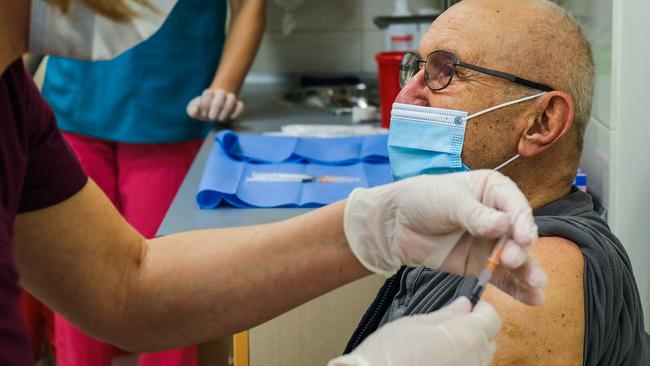
Pfizer may switch manufacturing of its coronavirus vaccine to the US in order to fulfil supply agreements, as the pharmaceutical giant warned EU export restrictions could disrupt global supply, including 10 million doses earmarked for Australia.
In a separate statement, the manufacturer on Thursday night said it had tested the treatment against the British and South African strain of COVID-19 and said the differences were “unlikely to lead to a significant reduction in the effectiveness of the vaccine”.
“Pfizer and BioNTech believe that the flexibility of BioNTech’s proprietary mRNA vaccine platform is well suited to develop new vaccine variants if required,” the statement read.
Fresh uncertainty surrounds the pace and scale of delivery of the Pfizer-BioNTech vaccine into Australia, which had been due to start within weeks with an initial supply of 80,000 doses.
Giving evidence at a Senate hearing on Australia’s response to COVID-19, Pfizer Australia and New Zealand medical director Krishan Thiru said the company was exploring its options should the EU impose export bans. Pfizer is caught in a diplomatic row between the EU and Britain over reduced supplies of the AstraZeneca Oxford vaccine to Europe because of manufacturing difficulties at the AstraZeneca Belgium plant.
At the same time, the federal government has been forced to scale back expectations of its initial supply of vaccines from Europe. It was due to receive 3.8 million doses of the AstraZeneca vaccine in March, but that has now been slashed to 1.2 million doses as the company struggles to fulfil its global orders. “It’s obviously critical that governments don’t impose export restrictions or trade barriers,” Dr Thiru said.
“Should that happen we will explore what options are available. We have large scale of manufacturing across the US and Europe. No determination has been made at this point in time about switching the source of our manufacture of vaccinations.”
Representatives of CSL, which is manufacturing 50 million doses of the AstraZeneca vaccine, declined to appear at the Senate hearing, to the frustration of senators. Under questioning from Labor senator Kristina Keneally, Pfizer said that the first time it engaged in talks with the government over supply of its mRNA vaccine was at the end of June.
Pfizer Australia and New Zealand’s director of market access, Louise Graham, said the company wrote to the government in June to discuss supply of its vaccine. The government had not contacted the company before that to discuss buying the vaccine, Ms Graham said.
She said the company only received permission from its global head office to begin negotiating agreements shortly beforehand.
“We continued our conversations through August and September and came to an initial agreements in early November,” she said. By the time it signed its agreement with Australia, it had agreed to supply a total of approximately one billion doses of its vaccine to 34 other countries.
Ms Graham said it would consider supplying more doses to Australia later in the year once it ramps up global manufacturing to two billion doses, but discussions had not yet begun.
In a statement issued following the hearing, Pfizer said it was “on track” to deliver 10 million doses of vaccine to Australia over the course of 2021.
“At this time, we are on track to deliver the first doses in February 2021. However, we look forward to receiving further details on the EU proposal and assessing its impact on patients,’’ Pfizer said.

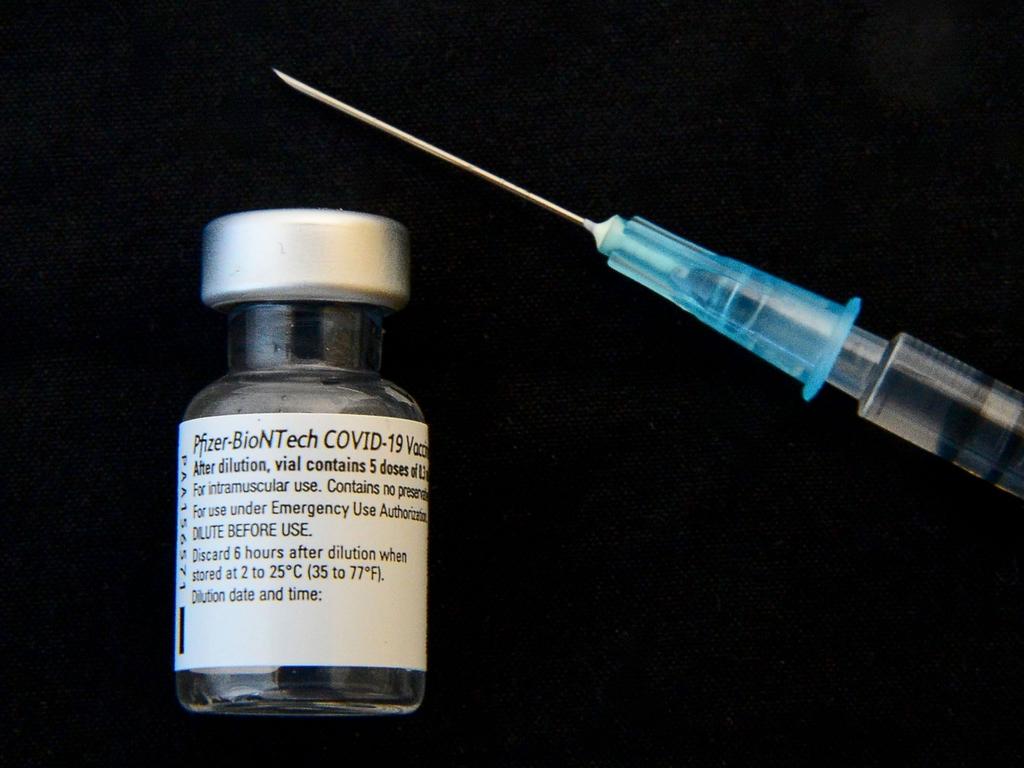
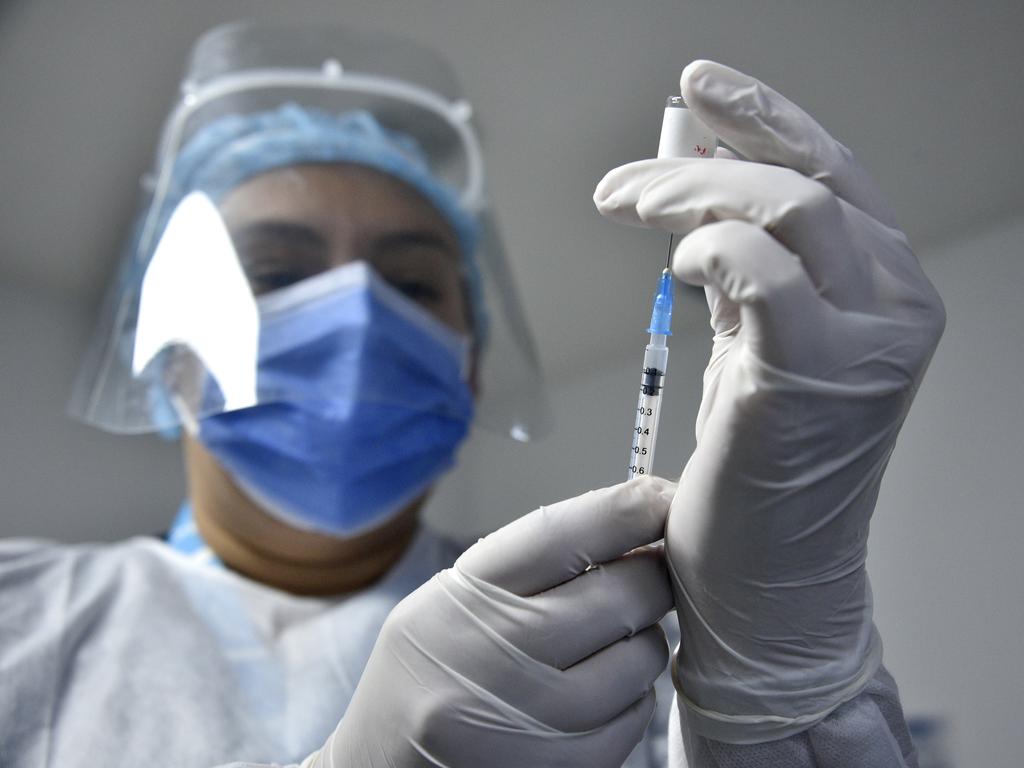
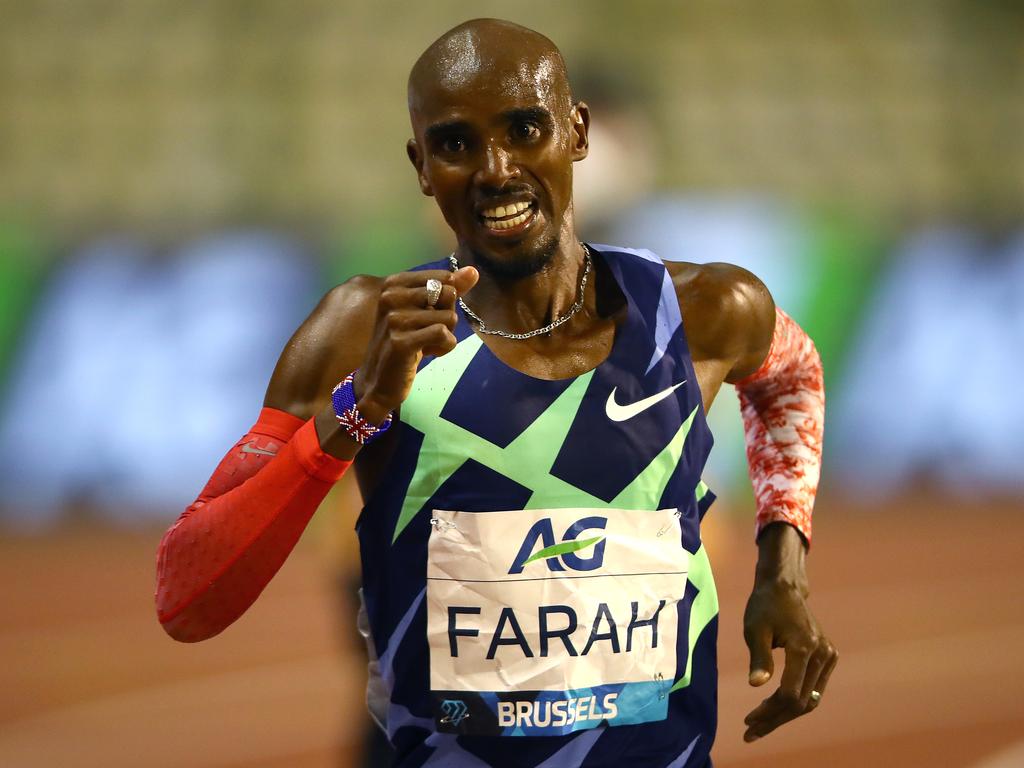
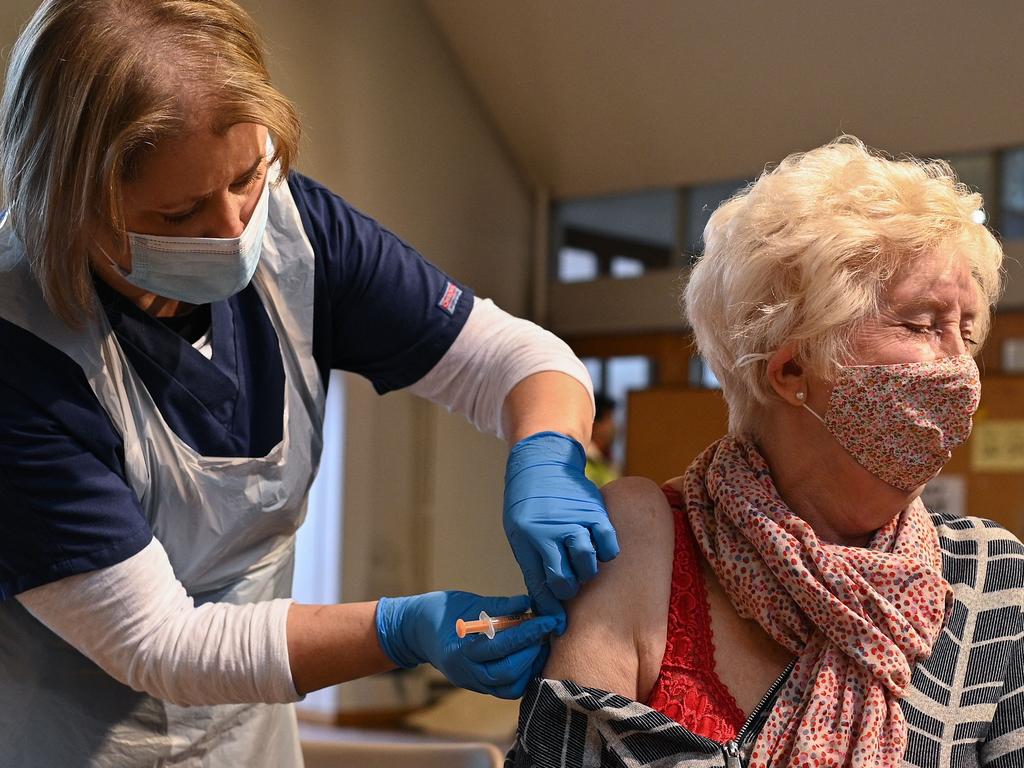


To join the conversation, please log in. Don't have an account? Register
Join the conversation, you are commenting as Logout